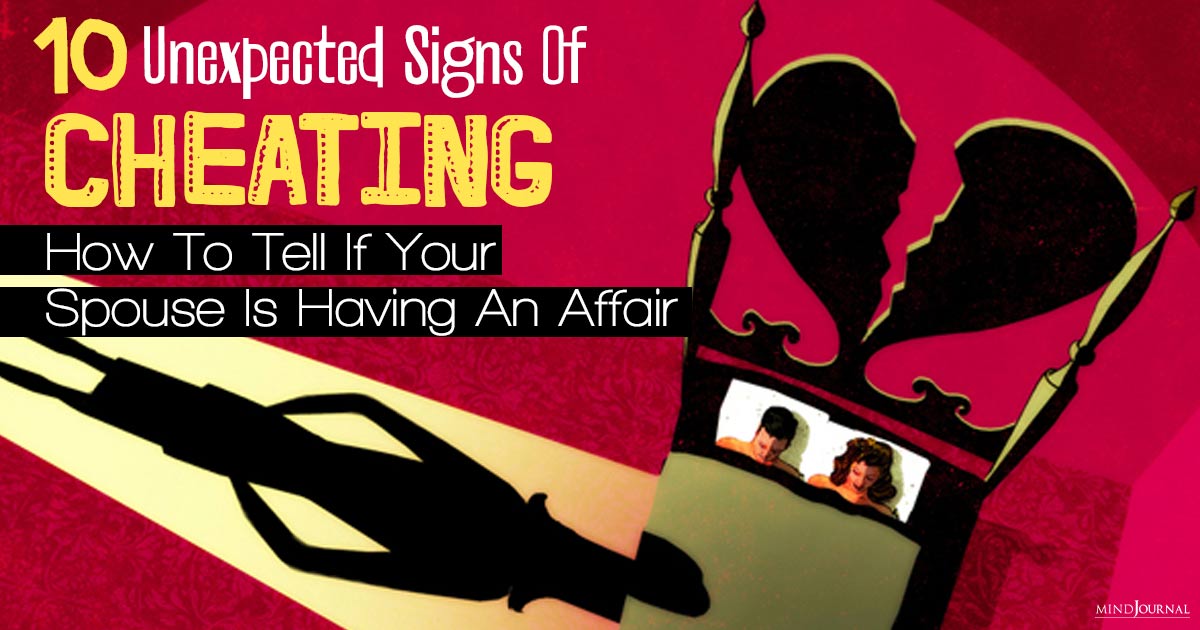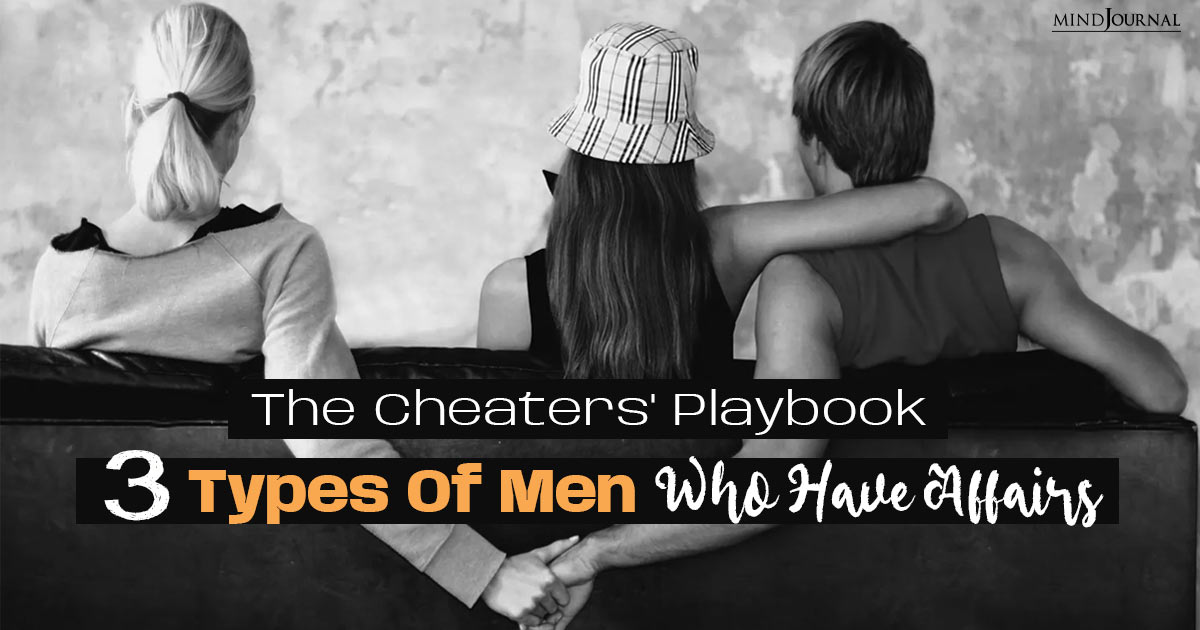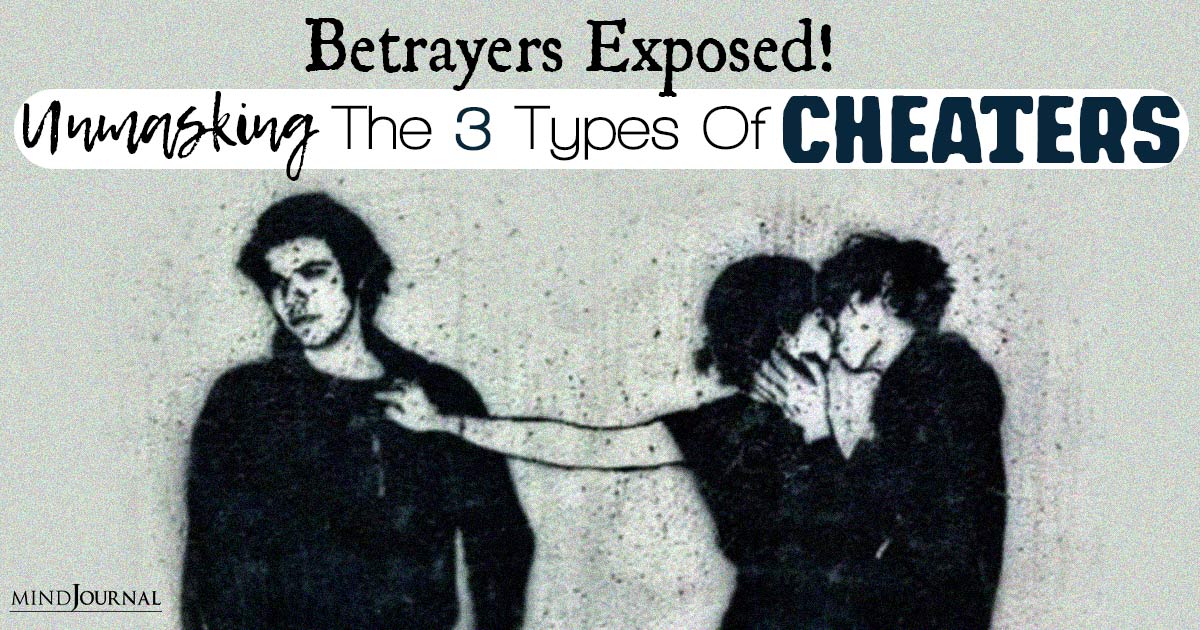Like most people, do you also consider infidelity to be a very straightforward thing? Have you ever thought that it might fall in the gray area sometimes?
Most people want or need their partner to be faithful, but what about those infidelities that are more debatable? In other words, those situations in which one of you feels like it is cheating and the other doesn’t. Or one of you would feel like it was cheating if you knew about it and the other isn’t exactly rushing to have that conversation.
Most couples can agree that having intercourse with someone else definitely breaks an agreement of monogamy. Making out with someone is also pretty clearly crossing a line for most people. The stuff that is easy to agree on is probably a pretty shortlist. Unfortunately, the potentially trickier stuff is likely a much longer list. These are the activities that couples are better off having an actual conversation about, rather than just assuming they both feel the same way.
For example, how do you feel about these potentially grey-area activities?
- Friending exes on Facebook.
- Looking up an attractive coworker on social media.
- Giving an appealing friend a peck on the cheek (especially if this isn’t something you typically do).
- Having lunch with a potentially appealing friend without your partner.
- Having lengthy text chats with a friend that you don’t tell your partner about.
- Sharing intimate details of your romantic relationship and sex life with a friend.
- Discussing sexual fantasies and turn-ons with a friend.
How would you feel about these activities? How would your partner feel? Have you discussed them?
Want to know more about infidelity? Read Why Do People Cheat Even In Happy Relationships? 4 Myths About Infidelity and Affairs
Is It a Slippery Slope?
There are many activities that in and of themselves aren’t a problem, but some may worry that they are the first (or second, or third) steps toward something problematic. For example, excessive conversations with a coworker about work matters may blur into conversations about personal matters which may lead to an emotional bond and ultimately an affair. (Or not.)
These are situations when those initial activities are technically OK, but the intent is what matters the most. For example, are all those conversations about that killer work project just about the project, or is there an ulterior motive? Or does it start one way and gradually become something else? And are you being fully honest with yourself about it, since sometimes we want to indulge in the possibilities without admitting what we are really up to?
Your partner may pick up on how those work conversations seem to have a little extra sparkle, but couldn’t prove it in a court of law. The intuition of a problem is all it takes—which also means that you will have a problem to deal with if your partner believes there is some infidelity, even if there isn’t any.
The easy to say but harder to do solution is to avoid situations that could be tempting or lead to something tempting. It’s also wise to avoid situations that could give the appearance of bad intent since there’s no need to add unnecessary headaches.
If in doubt, some checking in with your partner first and transparency along the way may also help calm your partner’s anxious intuitions. If they bring something up, do your best to stay calm and hear their concerns without getting defensive. If you’re the one with the uncomfortable doubt, then bite the bullet and bring it up with as little accusation as possible. Focus on how you feel, not on what your partner is doing, and don’t go too far beyond what you know to in fact be true.
Seek Opinions, Not Votes
It may be helpful to talk to friends or family to see how they handle such matters in their relationships. It may also be helpful to find out how they came to their current position. Was it easy and mutual? Were there disagreements that they had to wrestle out? Were there agreements that were breached and needed to be addressed again? Most importantly, why do they have the agreements that they currently have? Their experiences and ideas may inform your thinking or give you a different perspective.
However, others don’t get to vote on what happens in your relationship. And you and your partner shouldn’t decide what to do based on what the majority of your friends and family do. You wouldn’t base your decision on whether to take your coffee black or with milk based on what your friends do, so don’t give them decision-making power in something as nuanced as fidelity.
Every couple needs to figure out what works for them, at this point in their relationship.
Want to know more about how you can have a healthy relationship and avoid infidelity? Read 16 Little Known Secrets of Couples With The Strongest Relationships
Keep Talking
Life is messy and complicated. Contradictions abound. Nuances can be difficult to sort out. Couples will face disagreements about each partner’s fidelity needs. There will be insecurities, doubts, hurt feelings, accusations, and pleas. If someone is important to you, then it is scary to think about losing them, so we have a right to be protective. But making a relationship into a police state is neither fun nor a guarantee of safety.
So keep having these conversations from time to time about what you each need from the other in order to feel secure in the relationship—especially those times when you don’t want to broach the subject. Whether you are concerned about your own actions/feelings or your partner’s, these times are the most important. However uncomfortable the conversation will be in that moment, it will only get harder the longer it is avoided.
Written By Ari Tuckman
Originally Appeared In Psychology Today
The act of cheating isn’t always as simple as it seems to be; there are a lot of factors that need to be brought into question. What qualifies as cheating to one person, might not be the same for the other person. That said, cheating is something that should not be glorified in any way. Every couple should try to understand their relationship better and make sure that they are on the same page.
If you want to know more about how infidelity isn’t always that simple, then check this video out below:









Leave a Reply
You must be logged in to post a comment.